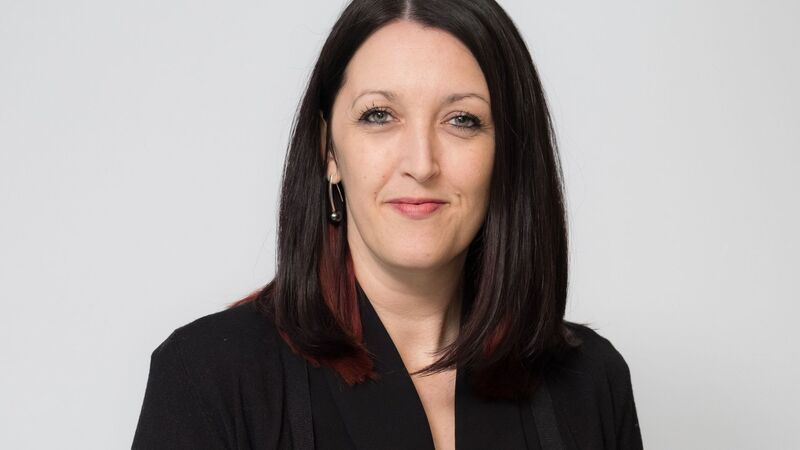You are viewing your 1 free article this month. Login to read more articles.
Inequality is not acceptable
I still remember when I was a kid in the '80s and '90s when I was told I wouldn’t have to worry about something when I grew up because it would have been sorted out by then. Tampon tax. Equal pay. Wandering hands. Glass ceilings.
When I started my career at Random House in 2001 I was so proud to be working at an organisation headed by a woman, filled with amazing women at every level of the company, in an industry where that was reflected across the majority of companies. It felt exciting, it felt like those promises made to my younger self were being fulfilled. Sure, the workforce was absurdly, inappropriately white and middle class, but I was told there were steps in place to change that too.
Fast forward 15 years and for every step forward we seem to have taken several back and there is a "good" excuse for every time equality isn’t realised. All male panels? The women asked wouldn’t speak. Lack of female c.e.o.s? Women aren’t leaning in enough. All white workforce? We’re not seeing enough BAME candidates apply. Paucity of non-white-middle-class authors? Editors aren’t being sent them. All of these issues are complex and when you’re just trying to put on a conference/run a company/publish books it’s easy to think that it doesn’t matter that much if your panel/board/list is all white male. But if we all think our thing doesn’t matter, nothing will ever change.
Even if you don’t think equality matters for equality’s sake there are powerful business arguments that promoting equality makes organisations more profitable. Though I’d like to hope that everyone who works in the book industry believes equality is important in the same way that they believe culture is important. And that they recognise that we’re not achieving it. And that they understand there are things they could do about it every day. We can’t, on our own, fix the big things, but we can all do something. Because every time we exclude or marginalise women or people of colour from things we hold up as important then we tell them their voices aren’t important, that they aren’t important and we perpetuate the situation we’re in.
Two things happened today that show this rather starkly: VIDA released their statistics for gender balance of reviewers in major international publications and the Desmond Elliott longlist was announced. As VIDA are US based they don’t show stats for UK newspapers or magazines that don’t have an international readership (though anyone counting reviewed authors and reviewers on a weekly basis can tell you we’re nowhere near equality in those publications either). But those they do show stats for - with the exception of Granta, hooray, who have almost gender parity - are depressing. Neither the Times Literary Supplement nor the London Review of Books improved their ratios of women writing for them, reviewing for them or being reviewed, in 2015 - the TLS stood at less than a third, the LRB at less than a quarter. Both I’m sure have "good" reasons for why this is the case, reasons they would argue are beyond their control. The Desmond Elliott longlist of 10 features seven female writers. Great. But not a single one isn’t white. Again, I’m sure there are "good" reasons for this, reasons beyond the judges' control.
But the fact that Granta can find something close to equality, the fact that there are great debuts by non-white writers being published just underlines that we all can and all should be the change. Because this isn’t acceptable any longer. It hasn’t been for a very long time. But the more we allow it to continue, the more we normalise it, the more it becomes something you can shrug your shoulders about, not take responsibility for, pass the buck on to circumstances out of your control. We can all make differences. We can all demand better equality and better representation, from organisations, from our employers, from ourselves. Because I don’t want to have to look the young people of today in the eye in 15 years time and try to tell them why we didn’t get this sorted.
Julia Kingsford is director at literary and marketing agency Kingsford Campbell.















